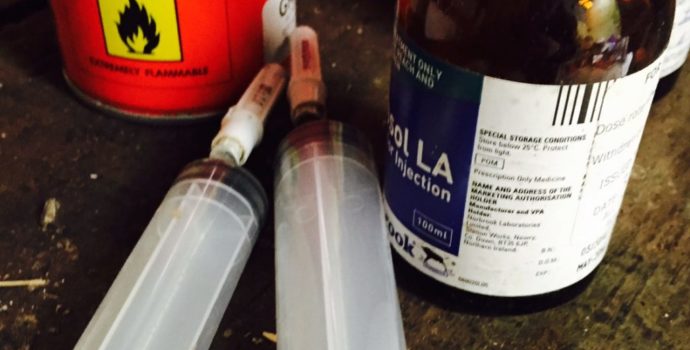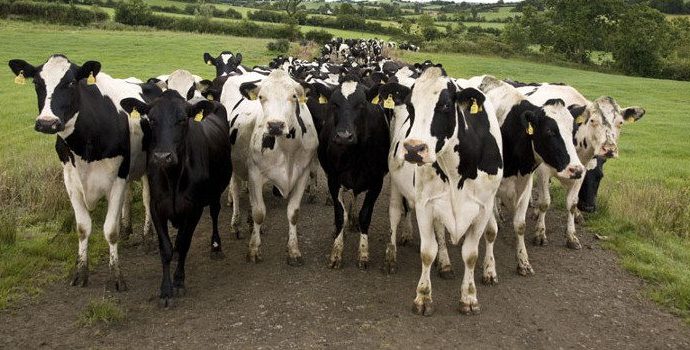Volatile Dairy Markets Must Be Managed with New Thinking, IFA Dairy Executive Tells Din Conference

IFA Dairy Executive Catherine Lascurettes is today (Thursday) speaking at the high-level international dairy conference organised annually by Barry Wilson, Editor of the Dairy Industry Newsletter (DIN) – a very influential publication in the British, Irish and international dairy industry.
The conference theme ‘The current market crisis and the end of quotas’ is being addressed by industry speakers from the US, New Zealand, India, Germany, France, the UK, the EU Commission, the European Dairies Association EDA, the European dairy traders organisation EUCOLAIT and, of course, Ireland.
Attendees to the conference include senior executives from the British and international dairy industries, farmer and other stakeholder representatives, as well as retailers, banks and other interested parties.
In her presentation, Catherine Lascurettes suggests that many dairy farmers in the UK, Ireland, Europe and around the world are currently receiving milk prices that leave them at a loss, and, therefore we are indeed in a “crisis” situation. However, she says this is now part of an increasingly familiar cycle of volatile markets and incomes, which needs to be managed for the long term with new tools and new thinking if farmers and the dairy sector are to thrive and make their optimum contribution to feeding a fast-growing global demand.
The IFA Dairy Executive presented on the tools being developed in Ireland by some milk purchasers, banks and the national exchequer to support dairy farmers. She discussed fixed-price contracts and advisory programmes in conjunction with Teagasc to improve on-farm efficiencies and help develop better financial and business planning skills. She also discussed the flexible loan packages on offer from some banks allowing for interest only repayment when margins are low without the need for repricing and the extension of the three-year income averaging tax scheme to 5 years.
Catherine Lascurettes also outlined a number of other areas that require further exploration and action by industry, Government, the EU and other stakeholders.
Those include new voluntary hedging solutions for milk prices, more individualised taxation options allowing farmers to better manage their variable income, the need to better resource the Teagasc one-to-one farm advisory service to help farmers improve efficiency and financial planning, as well as promoting greater participation by farmers to Knowledge Transfer programmes (Discussion Groups).




